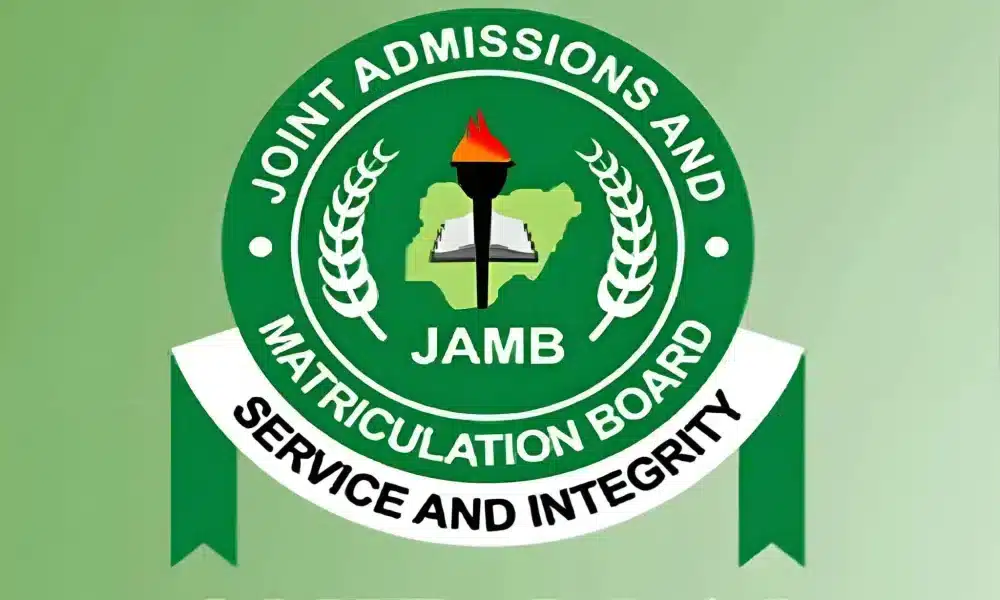The Joint Admissions and Matriculation Board (JAMB) exam is a gateway for students aiming to study Music and other related courses in Nigerian universities. For students interested in Music, it’s essential to know the specific areas to focus on for effective preparation. This article outlines the major areas of concentration for JAMB Music, helping you understand what topics are most likely to appear on the exam and how best to study them.
READ ALSO: JAMB Syllabus for Music 2026/2027 Free PDF Download
What is JAMB Music?
JAMB Music is a subject option in the JAMB exam that tests students on their knowledge of musical concepts, theory, history, and practical skills. This subject requires you to understand both the technical aspects of music, such as notation and scales, and the cultural and historical sides, including knowledge of composers and music genres. The questions may cover both Western and African music styles, so it’s important to have a broad understanding of music as a whole.
Why Study Music for JAMB?
Music is an art form that expresses emotions, ideas, and cultural heritage. Studying Music opens doors to careers in music education, performance, music production, and even arts administration. The JAMB Music exam encourages students to explore music in both theoretical and practical ways, preparing them for deeper studies in music at the university level.
Key Areas of Concentration for JAMB Music 2026/2027
To excel in JAMB Music, focus on understanding the following main areas:
SECTION A: RUDIMENTS OF MUSIC
- The Staff
- Music Notes/Rests and their corresponding values
- Time/Time Signature
- A – Key signatures and scales, B – Determination of the key of a piece of music with or without key signature NOT exceeding two sharps and two flats.
- (a) Keyboard setting and enharmonic equivalents, (b) Accidentals
- Intervals
- Definition of simple musical terms, signs, and abbreviations.
- (a) Transcription of music from staff into tonic solfa notation and vice-versa. (b) Transposition using the treble (G) and bass (F) staves NOT exceeding two sharps and two flats.
SECTION B: ELEMENTARY HARMONY
- Triads and their inversions in major/minor keys
- Basic chord progressions in four parts
- Kinds of motion
- Cadences in major keys
- Non-harmonic tones / Non-chord tones
- Modulation
- Elementary Composition
SECTION C: HISTORY AND LITERATURE OF AFRICAN MUSIC
- Nigerian folksongs, types, forms, and characteristics.
- General knowledge of the features and forms of Nigerian traditional music and other arts, including festivals, dances, and other arts.
- Nigerian traditional musical instruments and their classifications.
- Knowledge of the lives and music of African traditional musicians, focusing on Nigerian musicians.
- Evolution and Development of African Popular Music
- Knowledge of the lives and music of the African Popular Musicians
- Knowledge of the lives and music of the African Art Musicians
SECTION D: HISTORY AND LITERATURE OF WESTERN MUSIC
- (A) Historical development of Western music styles in respect of the periods, B. COMPOSERS
- MUSIC FORMS AND MEDIA
SECTION E: COMPARATIVE MUSIC STUDIES
- An overview of the following black musicians (composers, performers, etc) in the diaspora. Mighty Sparrow, James Brown, Bob Marley, Michael Jackson, Stevie Wonder, Lionel Richie, R. Kelly, Lorrinan Hill, Kirk Franklin, Tupac Shakur, Shabba Ranks, Quincy Jones, Boyz II Men, Sean Paul, Janet Jackson, Whitney Houston, Beyonce, Brandy, Usher, Kevin Lyttle, Bobby Brown, M. C. Hammer, L. L. Cool J., Dr. Dre, Snoop Doggy, Mary J. Blige, Jay Z, Chris Brown, Bruno Mars, Neo, Rihanna, etc.
- Spirituals, gospel music, jazz, rhythm and blues, soul, calypso, rock ‘n’ roll, reggae, afrobeat, tango, rap, chachacha, bolero, twist, hip-hop, etc., are the forms to be examined.
- The spirit of nationalism in Nigerian music.
Tips for Preparing for JAMB Music 2026/2027
Here are some study tips to help you prepare for the JAMB Music exam:
- Practice Reading Music Notation: If you’re not familiar with reading music, spend time practicing musical notation and sight-reading. This is foundational for understanding music theory.
- Listen to Different Music Genres: Familiarize yourself with various types of music by listening to Western classical pieces, African traditional songs, jazz, and modern popular music.
- Use Flashcards for Music Terms: Music theory has many terms and symbols. Use flashcards to memorize musical terms, symbols, and their meanings.
- Study Past JAMB Music Questions: Go through past JAMB questions on Music to understand the format and types of questions asked.
- Research Key Composers and Musicians: Know some facts about influential composers and musicians, as questions about their works and contributions to music are common.
Conclusion
To excel in JAMB Music, focus on understanding the basics of music theory, the history and structure of different genres, and the cultural significance of music in Nigeria and Africa as a whole. By concentrating on these main areas, practicing with past questions, and exposing yourself to a variety of music, you’ll be well-prepared for the 2026/2027 JAMB Music exam. Good luck!

